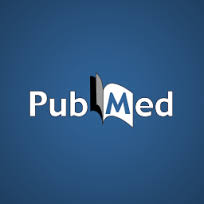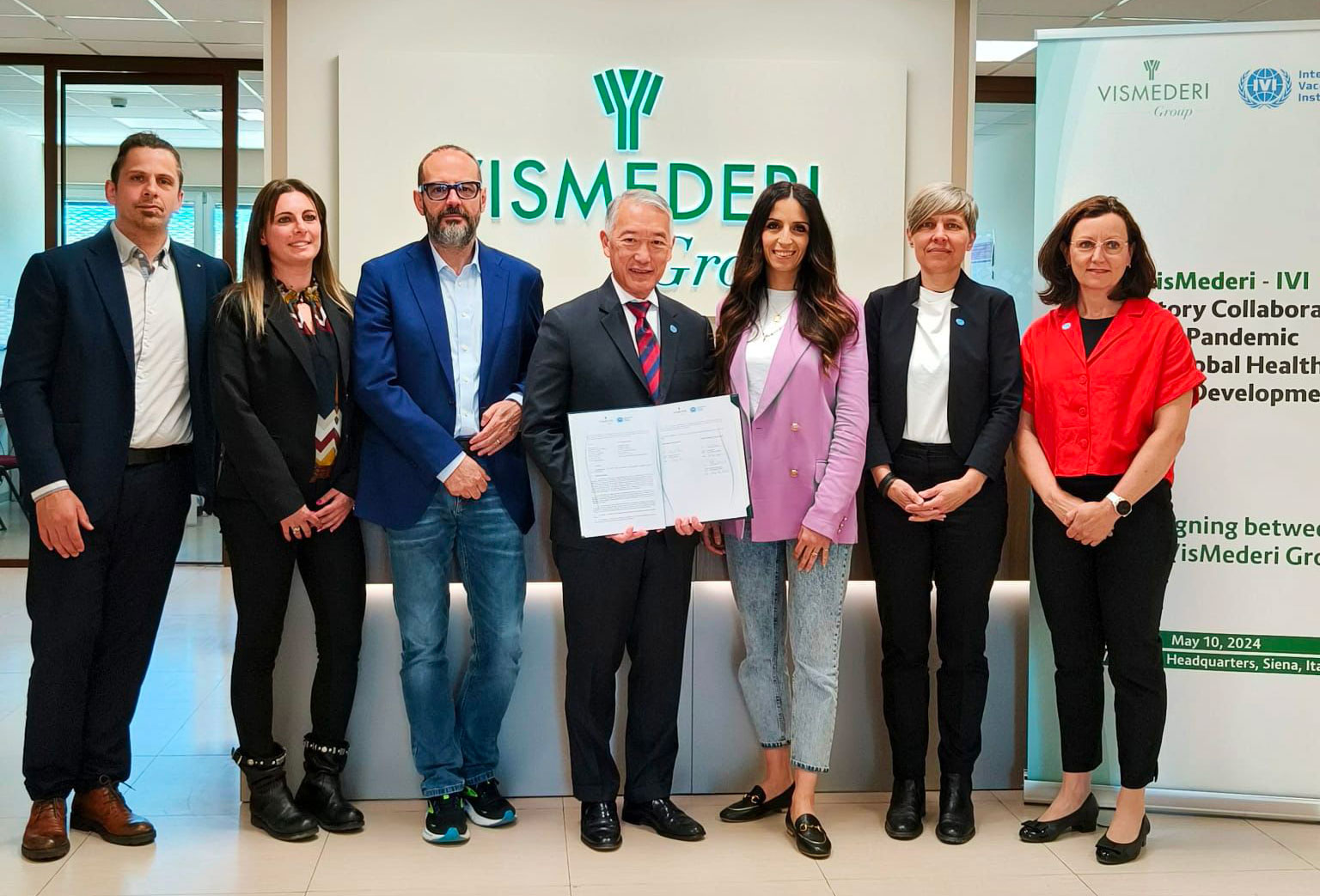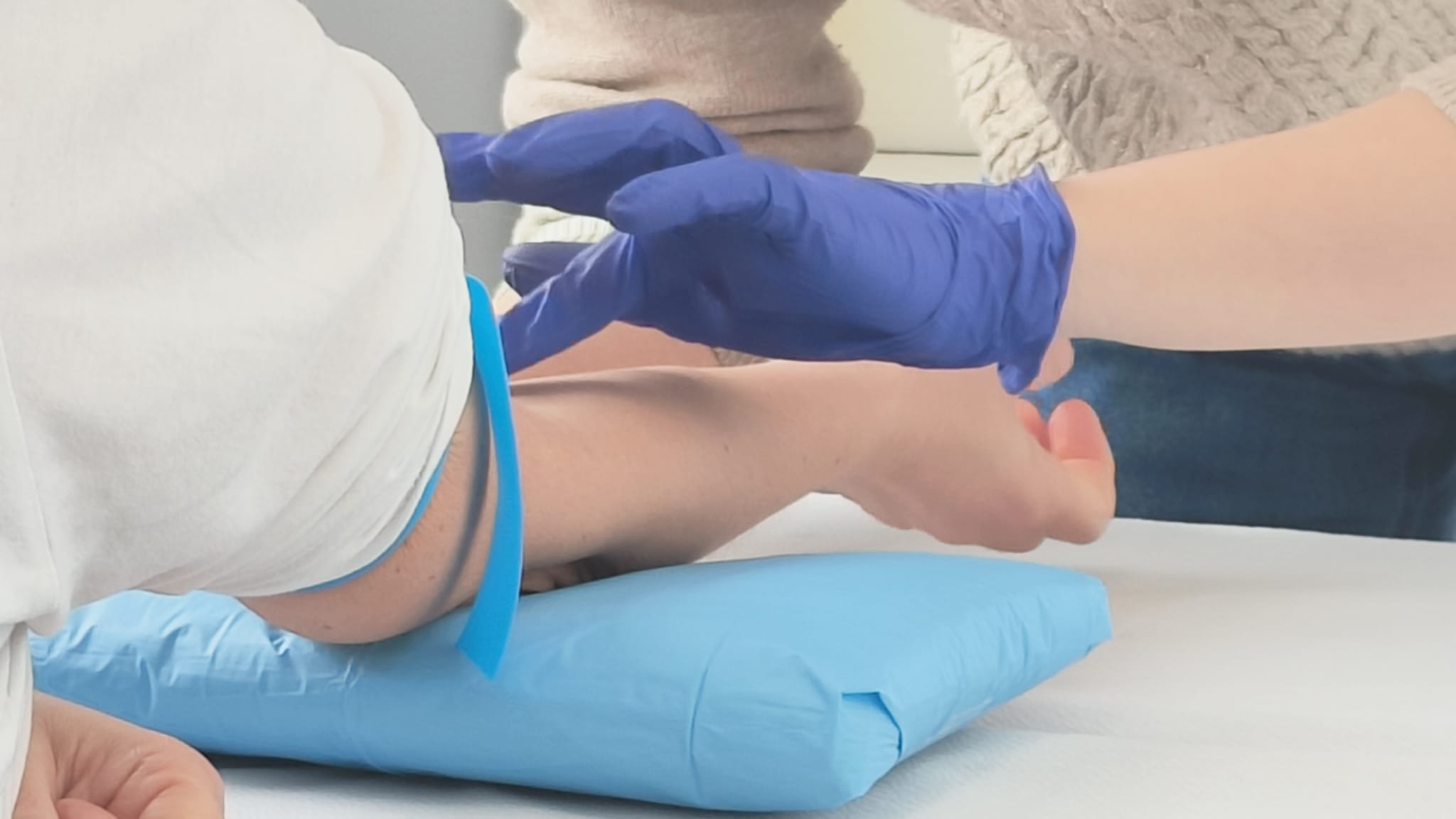“An unwanted guest: Neisseria meningitides – carriage, risk for invasive disease and the impact of vaccination with insights from Italy incidence”.
Gianchecchi E1, Piccini G1,2, Torelli A1,2, Rappuoli R3, Montomoli E1,4.
Invasive Meningococcal Disease (IMD) represents a potentially life-threatening condition caused by Neisseria meningitidis. The disease is characterized by a case fatality rate of 5-10% whereas serious clinical sequelae can develop in survivors within 12-24 hours from the first symptoms. However, IMD infection only occurs rarely, in fact, most of the interactions established between N. meningitidis and the host are harmless, and an estimated 10% of the population asymptomatically carries the bacterium in the nasopharynx. Meningococcal carriage represents a critical condition for IMD onset since it represents the first step for disease transmission. Furthermore, high levels of carriage can promote genetic recombination among different N. meningitidis strains potentially leading to the development of new pathogenic variants. Areas covered: The present review discusses N. meningitidis carriage, factors able to influence meningococcal carriage and disease and the effect of vaccinations on both conditions, with a particular focus on Italy. Expert commentary: Data regarding the effect of different meningococcal vaccines on N. meningitidis carriage are available, whereas further studies are needed to investigate the positive impact of the two recently licensed vaccines 4CMenB and rLP2086 on meningococcal carriage.







